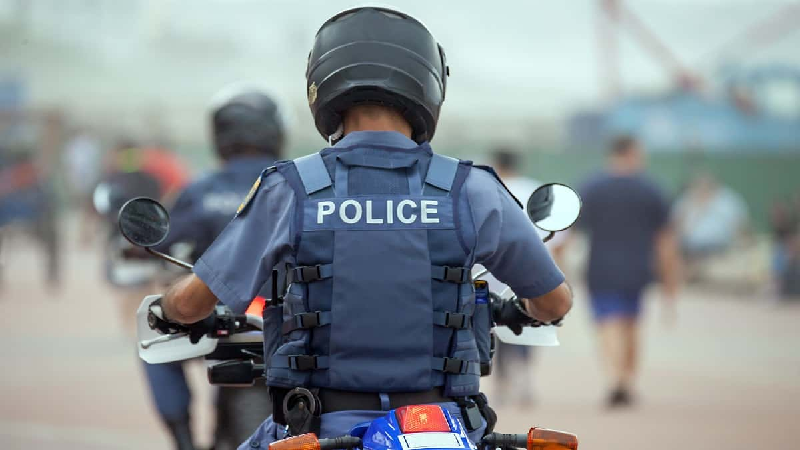By Anees Teladia
A senior researcher says that the police service is perceived as the least trusted institution in South Africa. He also indicates that police are perceived as the most corrupt governmental institution. This impacts on the way citizens interact with police and on how the police service is able to function.
“Last year, Afrobarometer released its latest findings. They found that 12% of people who called on police for assistance paid a bribe to get that assistance and 26% of people who encountered police at a checkpoint of some sort paid a bribe in order to get through it,” said senior researcher in justice and violence prevention at the Institute for Security Studies, Andrew Faull.
“Afrobarometer also found that police are perceived as the least trusted institution in the country. We [South African citizens] trust police less than anybody else – except for opposition political parties. Police are also perceived as the most corrupt government institution in the country.”
“Whether it’s true or not, perceptions are important to measure because they affect how much we trust police and how much we trust police affects how we interact with police.”
Faull says that corruption is often ill-defined and that it is difficult to measure with accuracy due to the nature of the crime. He also says that issues such as as corruption are not solved through simple salary increases.
“Corruption is impossible to measure precisely. It’s an illicit activity and it happens between two supposedly consenting people. As a result, it’s a bit of a dark figure which is difficult to measure but we do have some good instruments to give us a sense of what’s happening – such as ‘victim surveys’,” said Faull.
“Research shows that it isn’t as simple as the salaries we pay police officials which determine corruption. It comes down to management, organisational cultures, norms and values and consequences within the organisation.
The SAPS (South African Police Service) face numerous challenges – one of the most obvious being that there has been a crisis of leadership. When your national commissioners are being convicted for corruption or suspended for maladministration and the likes, that clearly trickles down and affects frontline officers and how they work.”
“When a South African citizen experiences poor service, or they think a police official is rude to them, they might sum that up as a corrupt police officer and we should distinguish. That isn’t corruption.”
Faull continued, adding that the state of the South African economy not only exacerbates the drive toward corruption within the police service but also reduces internal willingness to report corruption.
“Another important thing is that we live in a precarious society. It’s difficult to find and hold onto a job and it’s difficult to sustain an adequate standard of living. Once one secures a job in the SAPS, that’s quite a rare little nugget that one wants to hold onto,” said Faull.
“It’s a job for life, as long as you don’t mess up…in that sense, it isn’t in the interest of an honest police official to rock the boat…police officials are disincentivised from reporting colleagues because they don’t want to make their own lives difficult and lose their jobs – being thrown back into unemployment and precarity.”
The lack of public trust in the South African Police Service is not only problematic in that it is intended to be an institution of public service tasked with protecting citizens from all crime. The perceived degeneration of the service is indicative of a breakdown of state sovereignty and capacity.
“When we lose trust in police, it means people are looking elsewhere for support. They don’t see the state as a caring state which can look after them and that’s not good for democracy. In a functioning democracy, a state has the monopoly on force. When we don’t trust the state to use that monopoly to keep us safe, we start using violence in our personal capacities to avenge our own victimisation and to keep ourselves safe. All of which sets us up for more violence and crime.”
VOC






 WhatsApp us
WhatsApp us 

